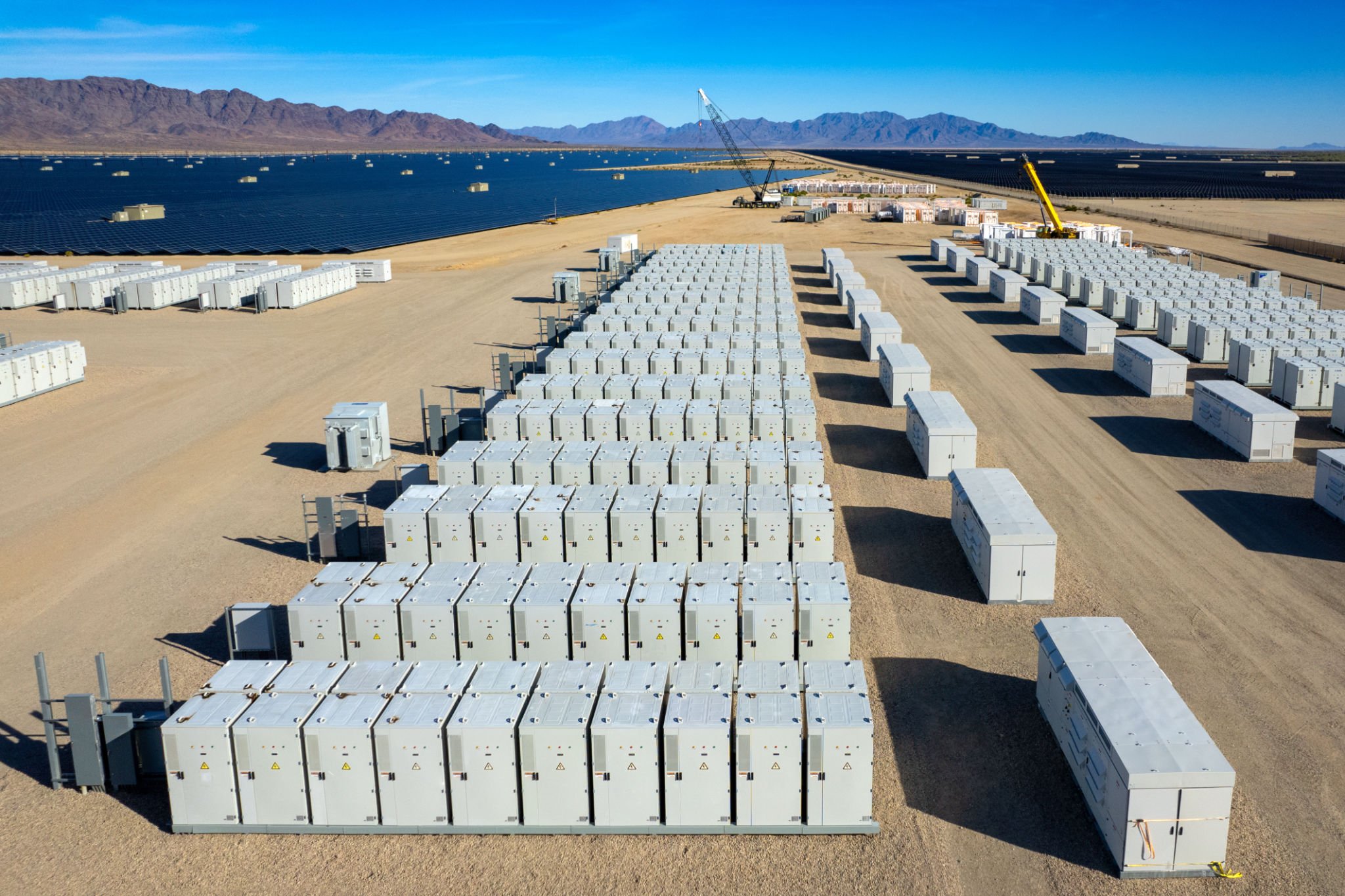Debunking Common Myths About Battery Energy Storage Systems
Understanding Battery Energy Storage Systems
Battery energy storage systems (BESS) have become a cornerstone of modern energy solutions, providing reliability and efficiency. However, several myths persist about their functionality and applications. In this article, we aim to debunk these myths and offer a clearer understanding of BESS.
Battery energy storage systems are often misunderstood due to the rapid technological advancements and varying information available. Let’s delve into some common misconceptions and set the record straight.

Myth 1: Battery Storage Is Only for Large-Scale Applications
One prevalent myth is that battery storage is only suitable for large-scale industrial projects. While it's true that many industries benefit from large BESS installations, these systems are also highly adaptable for residential and small business applications. Modern advancements have made it possible for homeowners to install battery storage systems to reduce energy costs and increase independence from the grid.
Smaller systems can store energy from renewable sources like solar panels, providing power during outages or peak demand times. This adaptability makes BESS a versatile solution for various scales of energy needs.

Myth 2: Battery Storage Is Too Expensive
Cost is often cited as a barrier to adopting battery storage technology. However, the price of batteries has significantly decreased in recent years due to technological improvements and economies of scale. Moreover, many governments and organizations offer incentives and rebates that further reduce the financial burden on consumers.
When considering the long-term savings on energy bills and the potential revenue from selling excess stored energy back to the grid, the initial investment in a BESS can be quite cost-effective. Thus, the perception of high cost should not deter potential users from exploring this sustainable energy solution.

Myth 3: Battery Storage Systems Are Not Environmentally Friendly
Some argue that producing batteries has a negative environmental impact. While it's true that manufacturing processes can be resource-intensive, innovations in recycling and material sourcing are reducing the environmental footprint of battery production. Furthermore, by enabling greater reliance on renewable energy sources, BESS help decrease dependency on fossil fuels, contributing positively to environmental sustainability.
Recycling programs have been established to manage used batteries responsibly, ensuring that valuable materials are reprocessed and reused rather than discarded. As technology evolves, the environmental impact of battery production continues to diminish.
The Future of Battery Energy Storage Systems
The future of battery energy storage systems is bright, with continuous advancements promising more efficient and sustainable solutions. As myths are debunked and awareness increases, more individuals and businesses will likely adopt these systems to meet their energy needs.
Innovations such as solid-state batteries and improved recycling methods are on the horizon, offering even more environmentally friendly options for consumers. With these developments, BESS will play a crucial role in global efforts to transition towards cleaner and more reliable energy sources.

In conclusion, understanding the realities of battery energy storage systems is crucial for making informed decisions about energy solutions. By dispelling common myths, we can better appreciate the role these systems play in modern energy management and their potential for future growth.